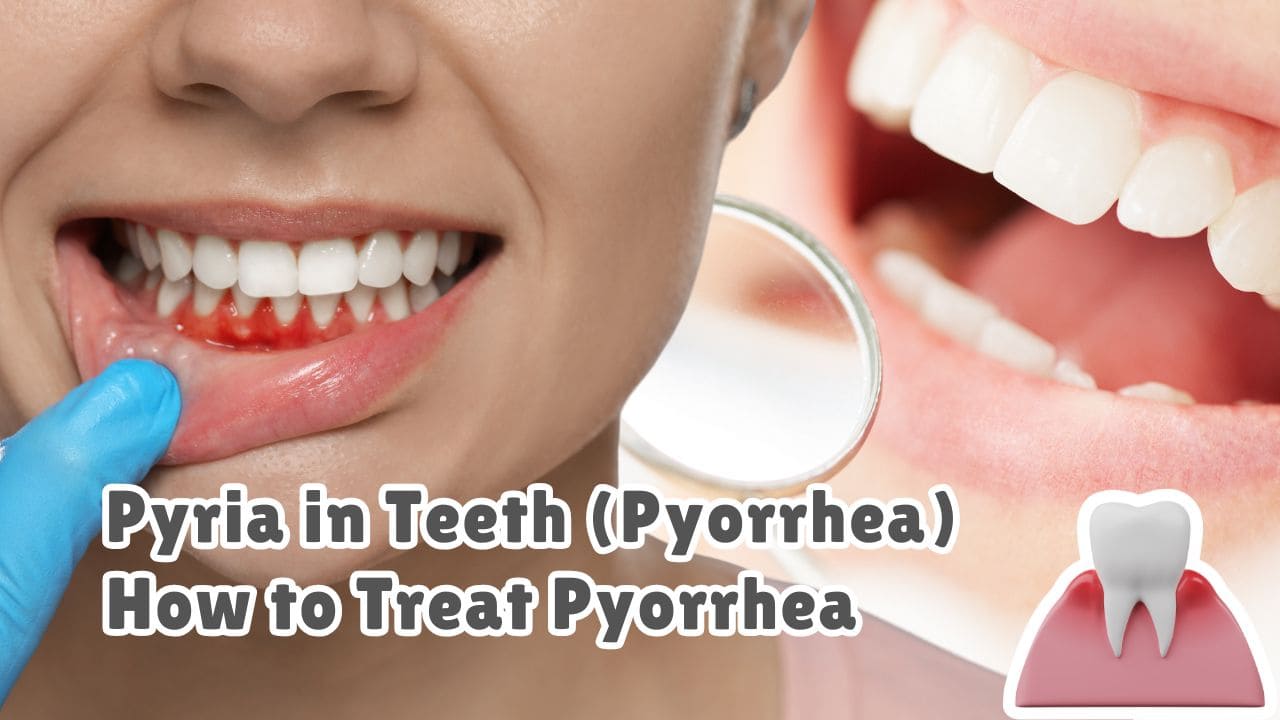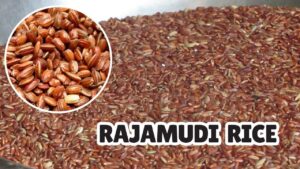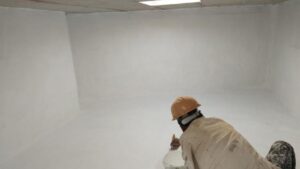What is Pyria in teeth?
Pyria is actually Pyorrhea also called as periodontitis, a type of inflammatory gum disease caused due to accumulation of bacteria in the mouth which adversely affects the gum and other parts associated with a tooth. This type of ailment is classified as a disease of the gums which consists of swelling and infection, while leaving untreated can cause problems.
Pyorrhea seems to be an advancement of another gum disease called gingivitis. Gingivitis paves way for other diseases as plaque accumulates leading to internal infections which can impact the gum as well as the teeth bones.

Pyria symptoms | Symptoms of Pyria in teeth | Pyria ke symptoms
Pyria Gum Disease Symptoms (Pyorrhea Symptoms)
Early symptoms of Pyorrhea are:
- Bleeding gums or funny colored gums: It is common when the patient has puffy and red gums which lead to a funny color and cause pain bleeding pain when one tries to floss or brush.
- Breath with some foul smell– In times of need the breath has a horrendous smell at times which is a cause toward major gum ailments.
- Missing gums: The root of the teeth or the tooth itself becomes more visible as the gums start getting detached or pulled out.
- Wobbly teeth: Progress in the condition causes teeth to shake around and sometimes leads to ache reinforcing the loss of bones.
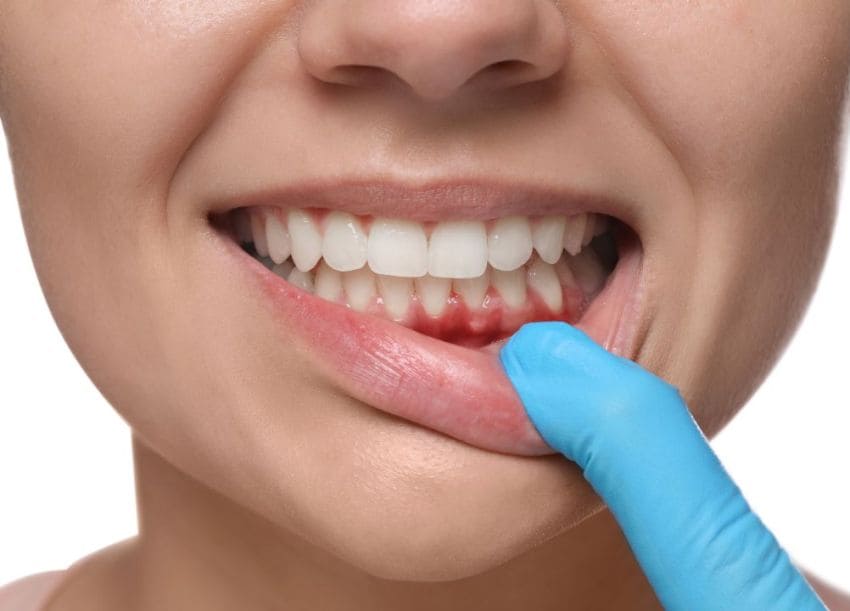
Pyria Treatment Options: Pyorrhea Treatment and Management
In mild cases of Pyorrhea or Pyria gum disease, profession help followed up with proper attention to hygiene will suffice. Some of the treatment continental are as follows:
- Scaling and Root Planing: It is a periodontal or tissue disease in which the dentist removes the tartar deposits that has been accumulated on the gum tissues above and even underneath the gum tissues. This is instrumental in restoring the health of the gums.
- Antimicrobial Therapy: This therapy includes the more moderate use of one or more antibiotics to prevent bacterial infections and advise procedures according to an individual’s status.
- Surgical Procedures: As infection spreads, Window Flap which is a novel approach may also be necessary to restrict infection growth from any existing infected tissue.
With regular dental cleanings and check-ups, preventative oral maintenance such as brushing and flossing can help. If you suspect that you suffer from pyorrhea, it is important to address a dentist in order to diagnose the disease and work out the individual course of treatment suitable to your case best. Timely intervention can guarantee better results and retention of the teeth for a longer period.
Possible causes of Pyria | Pyorrhea is caused by
Causes of Pyria:
- Inadequate Oral Care: Incomplete brushing and cleaning enables plaque to form.
- Tobacco Use: It has a strong correlation that smoking or chewing enhances the odds of periodontal disease.
- Lack of Nutritional needs: Vitamin C deficiency can be attributed to gum weakness.
- Hormones: Pregnancy or other conditions also contribute to weak gum health
Is Pyria curable?
Yes, Pyria, which is known as pyorrhea gum disease, is manageable and curable especially if the disease is diagnosed at an early stage. The management of pyorrhea usually includes professional scaling and root planning aimed at controlling the infection by removing the plaque and tartar as well as using antibiotic medications.
In situations where the gum disease has already advanced, a need for more advanced treatment methods may arise which could range from flap surgery to bone grafting procedures. These procedures aim to restore the gum health and provide necessary support to the teeth.
Good and effective oral hygiene and care at home that comprise of tooth brushing and flossing, and the regular visits to the dentist are of the most important for the proper management and prevention of the pyorrhea gum disease. If treated at the early stages, complete recovery is envisaged but if it reaches the advanced stages it may lead to further degeneration or loss of the supporting structures of the teeth.
Understanding Pyria gum disease
Pyria gum disease is described as plaque build up, a sticky film of bacteria on teeth which usually is a result of poor oral hygiene and excess sugars. Over time this plaque hardens into tartar, if this is trapped within the gums it can lead to gingivitis which is an inflammation of the gums. It’s inducive to the development of gingivitis and subsequent pericarditis that an individual experiences blood or pus in gum areas.
There are several indicators such as bad breath, swollen gums, and especially bleeding during tooth operations or in more serious cases loose teeth that can assist with disease progression.
Pyria treatment: Treating Pyorrhea disease (Pyorrhea in teeth)
Pyria is more often referred to as pyorrhea or periodontal disease in the medical field. Due to its pathological nature, pyorrhea is categorized as a gum disease, if not properly treated, it can also lead to the loss of teeth along with other health complications. The disease is characterized by inflammation of the gums, bleeding, and the presence of pus-filled pockets around the teeth.
There are different ways to treat pyorrhea which help restore gum health and further complications. The following article will attempt to investigate home remedies for pyorrhea as well as medically-approved alternatives to treat the disease.
How to cure Pyria? | How to remove Pyria from teeth?
Pyria treatment: Professional Treatments for Pyria
- Scaling and root planning. This is a deep cleaning of teeth surfaces, which include looking above and below the gums for plaque deposits and tartar build-up. This aids in cleaning the bacteria that sits behind the teeth and creates a rough surface where rough bacteria could develop.
- Antibiotic therapy: For localized and advanced bacterial infection, topical or systemic antibiotics are recommended by almost all dentists in advance situations.
- Surgical procedures. Flap surgery, among other surgical options, may be required in late occurrence of pyorrhea disease to aid in the cleansing of infected tissues or even bone grafting to regenerate bone that has already been lost in invasion.
Pyria treatment at home | How to treat Pyria at home?
The above mentioned methods should be professionally handled and treated for advanced cases but the following home remedies can help control and reduce the symptoms of pyorrhea gum disease. There are different approaches as discussed below:
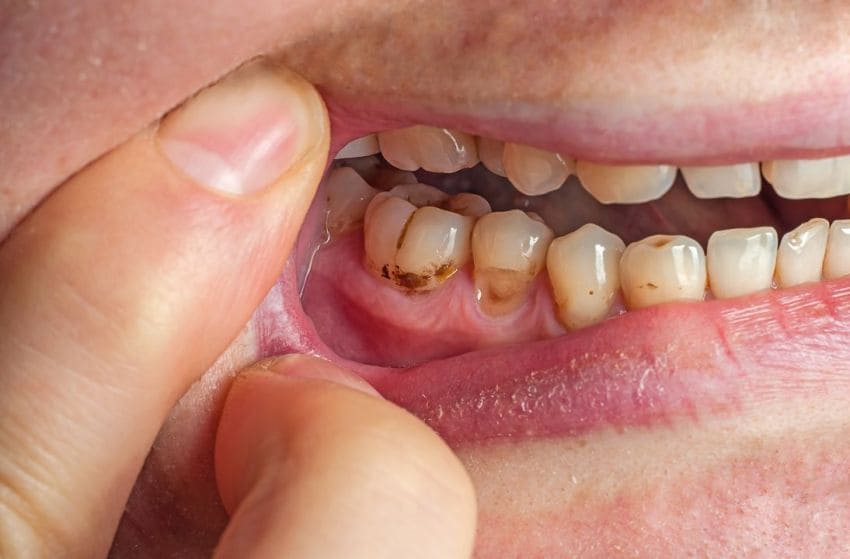
Pyria treatment: Home remedies for Pyria
How to manage and treat Pyria at home?
1. Salt Water Rinse
Salt water can be effective in controlling inflammation and bacteria infections: it has great healing power and strength.
- Method: Add 1/4 gram of salt in 1 glass of warm water. Gargle this mixture in the mouth for a period of 30 seconds and spit it out.
- Frequency: Rinse the mouth 2-3 times a day using this solution.
2. Massage using mustard oil
Mustard oil possesses antibacterial qualities that boost the strength of the gums.
- Method: Take a teaspoon full of mustard oil and gently rub the oil in them for about five minutes. You may spit it out later.
- Frequency: This process has to be repeated on a day-to-day basis in order to reap the best rewards.
3. Application of clove oil
Clove oil application cures many ailments and is known to possess antioxidant properties. It also acts as an antiseptic and pain relieving liquid.
- Method: A cotton ball can be dipped in clove oil and a few of its drops can be poured onto the gums in need of treatment.
- Frequency: Adhere to doing this once in the morning and once at night until the pains alleviate.
4. Preparation of turmeric paste
Curcumin is the primary component of turmeric and has long been attributed with pharmacological benefits such as reduction of inflammation.
- Method: Applying a paste made by combining turmeric powder and water will suffice. You should apply the paste to your gums, leave it there for forty minutes, and then rinse with water.
- Frequency: Once in 24 hours is adequate for this treatment.
5. Aloe Vera gel
Since aloe vera is highly regarded for its restorative and nourishing qualities applying it on swollen gums works wonders.
- Method: First, rub a moderate amount of the pure gel on your gums and keep it for 30 minutes; rinse afterwards.
- Frequency: Twice in a day over this course of treatment.
6. Lemon juice rinse
Lemon juice is rich in Vitamin C and thus, is perfect for strengthening the gums.
- Method: Take the juice of half a lemon and mix it with a cup of warm water. The mixture can be used as a gargle wash solution.
- Caution: Restrict use to limit enamel wear, do not use more than daily.
7. Herbal Remedies
Herbs were also recommended for gum diseases.
- Guava Leaves: Guava leaves when eaten fresh or boiled may reduce inflammation.
- Neem Sticks: Even chewing on a piece of sticks of neem may be effective. It helps as a perfect natural toothbrush and is anti-bacterial.
Dietary Considerations
Complete oral health and care requires an adequate diet with enough levels of vitamins and minerals:
- Enhanced Vitamin C Levels: In the case of Vitamin C, it can be found in lemon, strawberry, and bell peppers; all will reinforce the membranes that comprise the gums.
- Drink Water: Washes a considerable amount of food particles and bacteria.
- Sugar Avoidance: This reduces the probability of plaque buildup in the first instance.
Lifestyle Changes
- Stop Smoking: Tobacco enhances the chances of already having gum related diseases significantly.
- Dental Visits: Make a habit of going to the dentist every six months for cleanings or check-up examinations.
- Oral Hygiene:
- At least twice a day, one should brush their teeth; smooth surfaces with a toothbrush using fluoride toothpaste.
- Each fluoridated toothbrush at each patient’s mix must be flossed each day to eliminate food that might be caught in the interstitial matrix of the teeth that the brushing may not clear out.
Allopathic Medicine for Pyria
In cases of pyorrhea, allopathic medicine often employs antibiotic and anti-inflammatory therapy in its treatment. Antibiotics, specifically oral, can be given as bacteriostatic measures. To combat swelling of the periodontium, antibacterial and topical therapies are available, such as metrogyl ointment, which can be applied straight to the gums. Such drugs assist in lowering inflammation, destroying harmful bacteria, and aiding in the healing processes of the damaged tissues.
Mouthwash for Pyorrhea: Antimicrobial Mouthwash
Antimicrobial mouthwash, on the other hand, works well in the treatment of pyorrhea and has been favored for its rapid results. Bacterial growth can be reduced by using mouthwash that contains chlorhexidine or cetylpyridinium chloride. These compounds prevent the growth of bacteria responsible for gum infections and help in the elimination of plaque. The twice-daily usage of an antibacterial mouthwash can be beneficial as an adjunct to other form of oral care and treatment.
Toothpaste for Pyria: Toothpaste for Pyria Pus
If pyorrhea is the disease in question, it is important to find toothpaste with a specific focus on the gums. Toothpaste enriched with fluoride and containing triclosan as well as stannous fluoride should be your go-to products. Some preferred brands are:
- Colgate Total: This toothpaste brand’s standard feature works wonderfully to minimize plaque and bacterial infections in the gums.
- Sensodyne Pronamel: This anti-gingivitis paste is effective and gentle on enamel.
- Crest Pro-Health: Helps protect against plaque and gingivitis with 3K plus protection.
Homeopathic Toothpaste for Pyria (Pyorrhea)
For those interested in something practical, there are homeopathic toothpastes available that contain herbal ingredients boastful of gum related properties. Such toothpastes have neem, clove oil and tea tree oil which have natural antiseptic properties and can kill bacteria without using chemicals. Himalaya Herbals brands or Dabur Red Toothpaste range also helps to notice these natural antibacterial ingredients which are also helpful in pyorrhea.
Must Read,
✔️ How to Remove Black Stains from Teeth Naturally?
✔️ Karungali Malai Original: How to Use, Benefits, Prices
Conclusion
Pyria gum disease is a disease of the gum that causes damage to the gums and needs to be addressed almost immediately. Although it is important to still seek professional treatment for the severest cases such as this, it is also thanks to several home remedies, that treatment and prevention of such disease is straightforward. If these remedies are practiced in conjunction with proper oral hygiene, a patient may throughout time, witness a change for the better and even help cure pyorrhea.
Successful management of pyorrhea incorporates the use of allopathic medicine, mouthwashes, and the correct toothpaste. Periodic consultations with a dentist are necessary in order to assess the condition and modify the treatment course appropriately. If professional recommendations are complemented with adequate self-care measures, management of pyorrhea along with maintenance of the gum structure will be successful.
However, if these symptoms persist, it is best to seek the attention of a dental practitioner as they are professionally trained to deal with these situations and therefore they may provide the best treatment options for an individual in a personalized manner.


